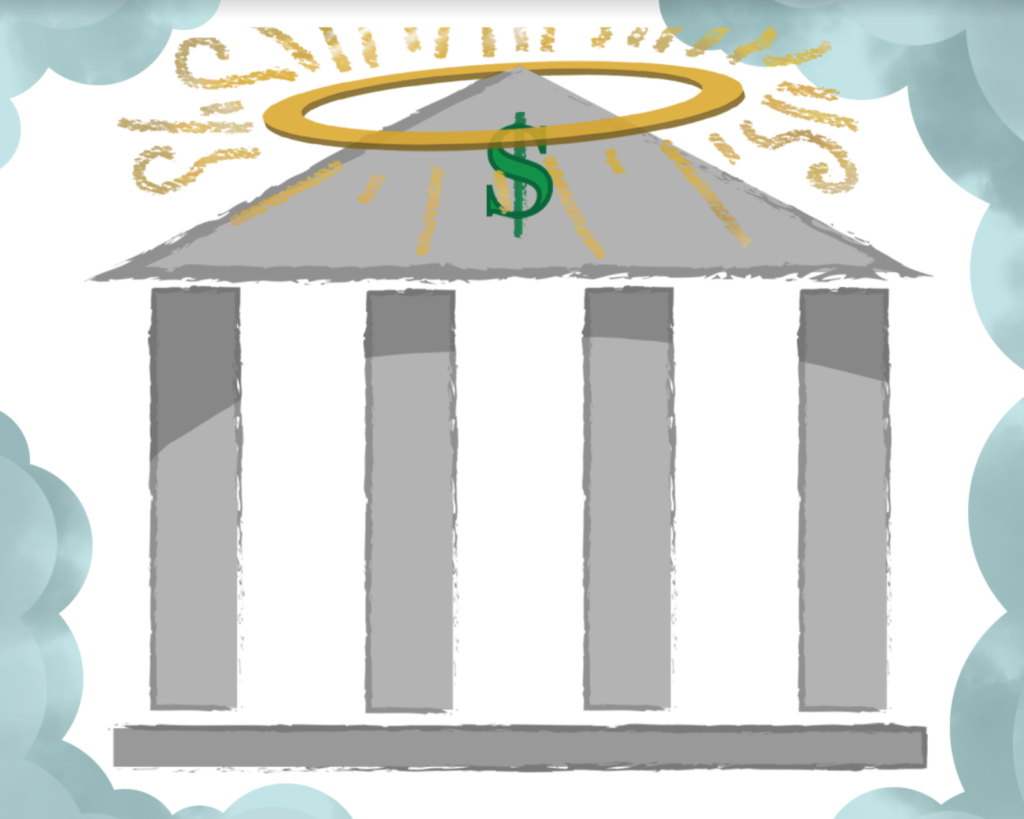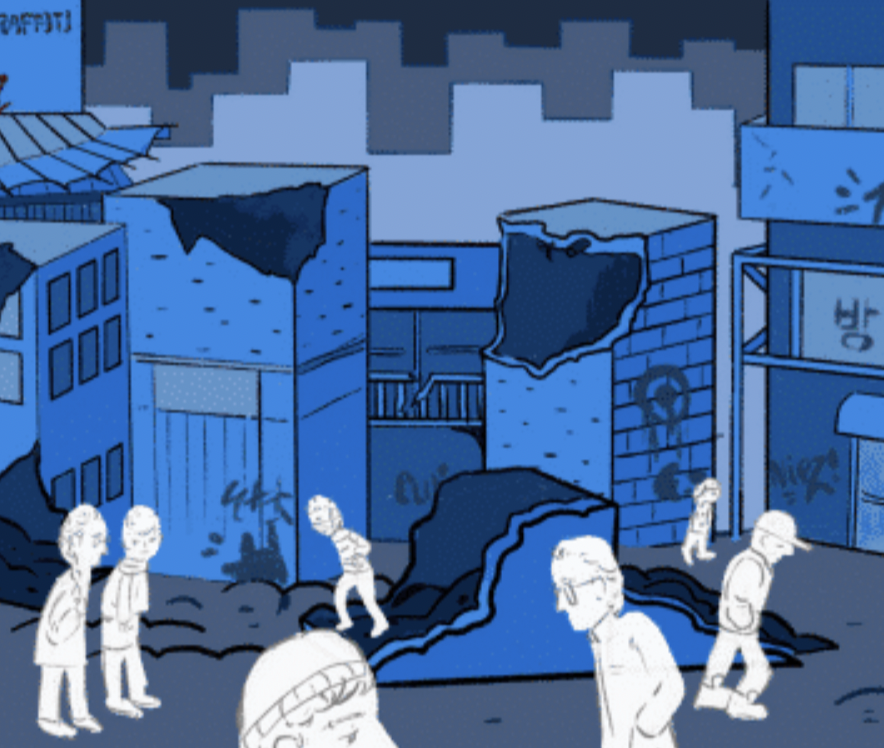In the wake of the 2008 financial crisis, lawmakers scrambled to ensure that the mistakes of history would not be easily repeated. The result was a 22,000-page set of regulations called Dodd-Frank, which heavily increased regulatory oversight on the banking system. Eight years later, it is time to roll back substantial portions of this once necessary legislation by deregulating banks; the well-being of consumers, banks, and the economy depends on it.
In an ideal world, no regulation would be necessary to protect the welfare of consumers and businesses from the excesses of capitalism. Unfortunately, our world is far from perfect, and Dodd-Frank once served the necessary purpose of sending a message to institutions that felt it was acceptable to carelessly assume exorbitant risk. However, the local economies of America –– not larger institutions –– have borne the brunt of this policy, which has led to a sluggish economic recovery and the consolidation of financial power. Low-income communities have also substantially lost out, as between one and three billion dollars is transferred from poor families to retail banks annually because of Dodd-Frank.
Those most severely hit by Dodd-Frank were community banks and the small businesses and consumers they serve. Since 2010, only three new banks have opened in the U.S.; one in every four community banks has closed its doors; and, in 2015, a small bank went insolvent every single day. These closures are a direct result of heightened regulatory scrutiny intended to “punish” big banks but has instead decimated firms without the lawyers and resources to comply to these laws. The consequences of these insolvencies directly harm businesses and consumers in the communities they serve — the compliance expenditures for small business alone has increased by 15% since 2010, and there are fewer banks to issue loans to them.
Larger banks, furthermore, have only grown as a result of these regulations because smaller banks cannot afford to operate independently and must consolidate. Financial risk is more concentrated today than it was in 2008, and market share continues to skew toward megabanks that have the capital to endure regulation. When regulation drives consolidation, risk is multiplied and concentrated in a few institutions. Regulation intended to check big banks has done the opposite, forcing small banks to close their doors and irresponsibly creating more organizations that are too big to fail.
Last, other actors in the financial system have been allowed to run wild in the marketplace because banking has been labeled as the scapegoat for all economic problems since 2008. A shift toward monitoring other non-bank firms would be a far better use of regulatory resources, especially because poor public perception of banks — largely brought about by legislative fearmongering — has severely damaged the integrity of the industry. Banking regulation should not be weaponized as a way to discipline large banks because the collateral damage is too great, and the purpose of regulation should solely be to enhance financial stability.





